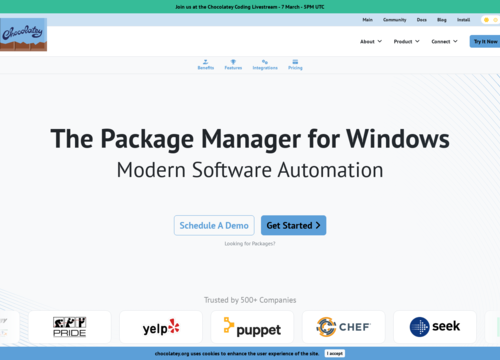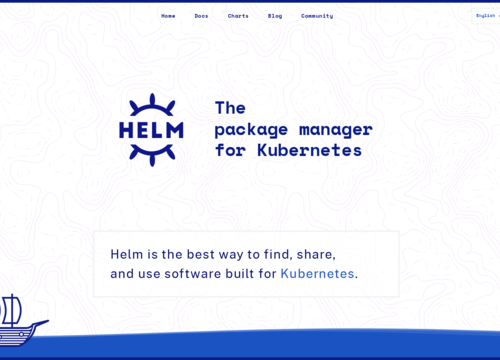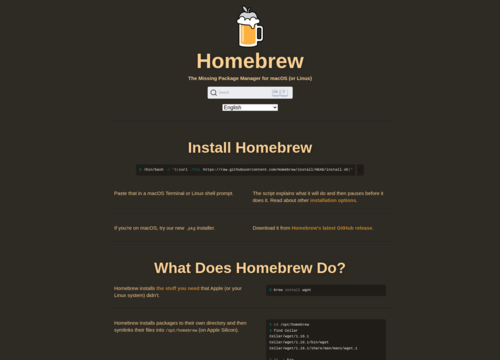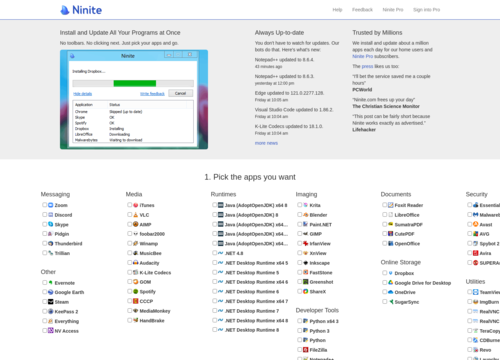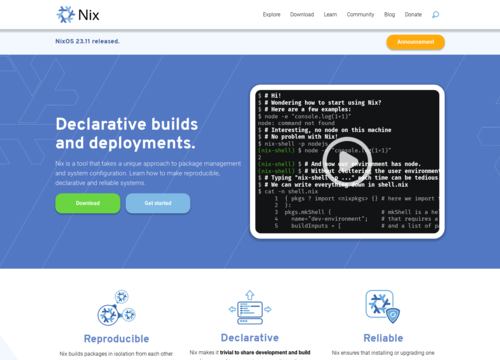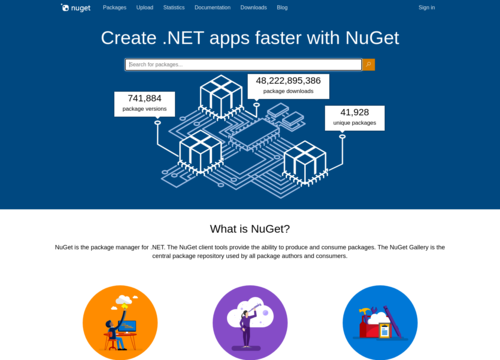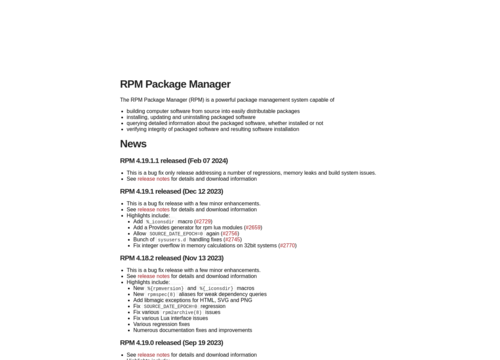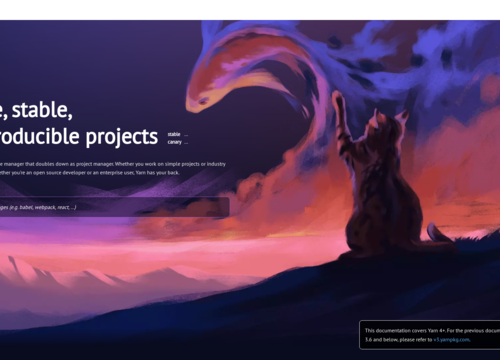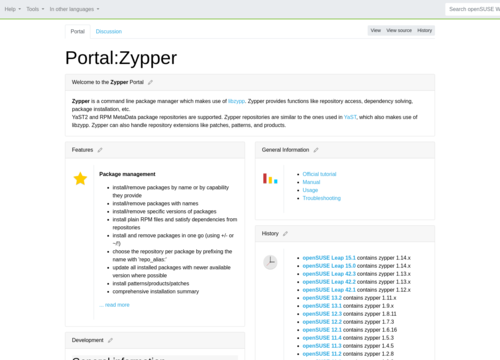Cargo
Cargo is the official package manager for the Rust programming language and was designed to help developers manage dependencies, compile packages, and distribute rust projects. It is an essential tool for rust developers because it simplifies the process of building and sharing rust code.
Dependency Management
Cargo handles project dependencies through a file called Cargo.toml, on which developers list the libraries (crates) on which their project depends. These dependencies are automatically downloaded from the Rust package registry, crates.io, ensuring that the exact versions needed for your project are met. This approach simplifies the process of managing external libraries and helps maintain consistent environments across development, testing, and production.
Project compilation
Cargo compiles rust projects by invoking the rust compiler (rustc) with the correct parameters for dependencies, making the build process straightforward. It also supports custom-built scripts for complex build processes. Cargo ensures that only the parts of the project that have changed since the last build are recompiled, which speeds up the development process.
Workspace Support
For larger projects, Cargo supports workspaces that allow you to manage multiple related packages within a single project. This approach is particularly useful for splitting a project into multiple crates but managing them as a unified entity.
Package distribution
Cargo integrates with crates.io, the Rust community’s package registry, making it easy to publish and share rust libraries. With a simple command, developers can package their library and upload it to crates.io, making it available for other developers to use in their projects.
Versioning and Compatibility
Cargo enforces semantic versioning (SemVer) for rust packages, ensuring that dependencies follow compatible version updates. This helps in maintaining project stability by preventing the incorporation of incompatible updates of dependencies.
Custom Commands
Cargo can be extended with custom commands through third-party crashes, allowing developers to add new functionalities tailored to their workflow. This makes Cargo a highly versatile tool that can adapt to various development needs.
Integration with Rust's Ecosystem
Cargo is deeply integrated with Rust’s ecosystem, including through integration with Rust’s documentation tool (rustdoc) and formatting tool (rustfmt). This seamless integration provides a cohesive development environment for rust programmers.
Cross-compilation Support
One of the powerful features of Cargo is its support for cross-compilation. This allows developers to compile their rust code for different target platforms from their current development platform. For example, you can compile a binary on a Windows machine that runs on a Linux system or an ARM microcontroller. This feature is particularly valuable for embedded system development and building applications meant to run on multiple platforms.
Custom Profiles
Cargo allows developers to define custom profiles in Cargo.toml, enabling fine-grained control over the compilation process for different environments, such as development, testing, and release. These profiles can be configured to optimize speed, size, debugging information, etc.,etc., giving developers the flexibility to tailor the build process to their specific needs.
Dependency Features and Optional Dependencies
Cargo supports optional dependencies and feature flags, allowing library authors to provide additional functionalities in their crates that users can opt into. This mechanism enables a more modular and customizable integration of third-party crates, where projects can choose to include only the parts of a dependency they need, potentially reducing the final size of the compiled binary.
Environment Configuration
Cargo supports environmental variables for configuring various aspects of its behavior and the behavior of compiled binaries. This includes specifying custom directories for dependencies, overriding configuration settings, and influencing the build process. This level of configurability ensures that Cargo can be adapted to a wide range of development environments and workflows.
Integration with Other Tools
Beyond its core functionalities, Cargo plays well with other tools in the Rust ecosystem, providing hooks for linting tools, code coverage tools, and more. The Cargo ecosystem includes plugins for integrating with IDEs, continuous integration (CI) systems, and code analysis tools, making it an integral part of the rust development workflow.
Security considerations
Cargo and the rust ecosystem take security seriously. Cargo uses checksums to verify the integrity of dependencies, helping to ensure that the code you depend on has not been tampered with. Additionally, the rust team and community actively work to audit and improve the security of the crates available on crates.io.
Community and Ecosystem Growth
The design of Cargo, coupled with the Rust language's focus on safety and performance, has contributed to the vibrant and growing ecosystem of Rust crates. Developers are encouraged to share their code as crates, and the community benefits from this shared effort, making it easier to find libraries for a wide range of tasks. The ecosystem's growth is facilitated by Cargo's simplicity in publishing and managing packages, fostering an environment where developers can easily build on each other's work.
Conclusion
Cargo is more than a tool; it is a cornerstone of the rust programming experience, embodying the community's values of collaboration, safety, and performance. Its comprehensive feature set not only makes it easy to manage rust projects but also encourages best practices in software development. Whether you are working on a small binary crate or a large multicate project, Cargo provides the tools and flexibility needed to manage your rust code efficiently.





















